Motorola teammate Anderson expected more in Armstrong interview
"He hasn't pulled anything out of the hat, yet"
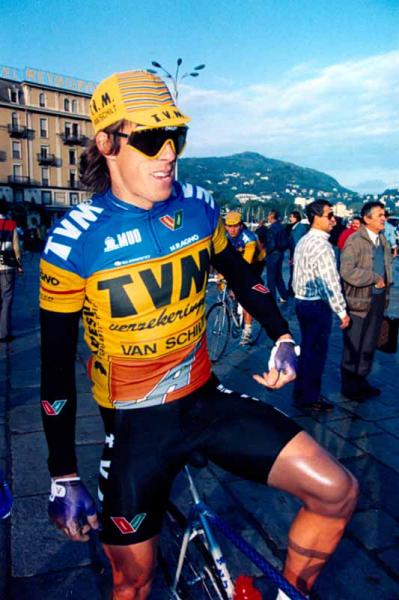
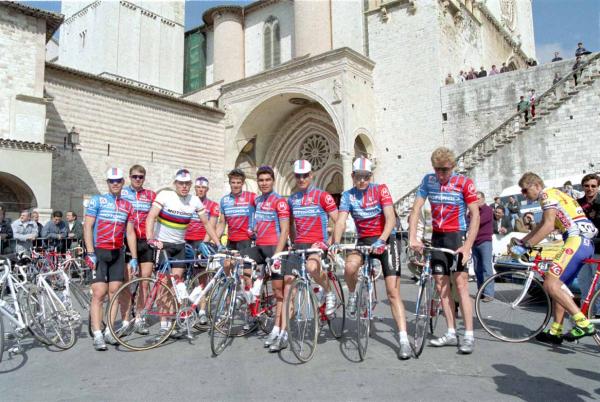
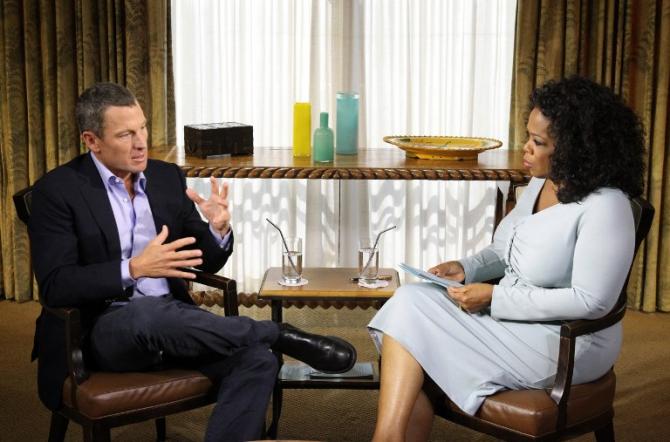
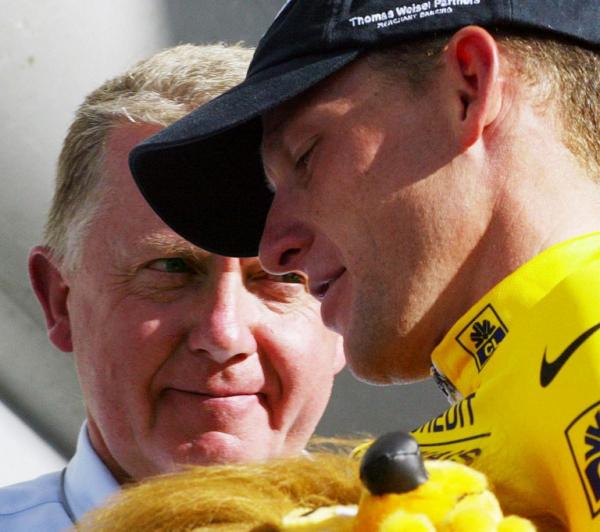
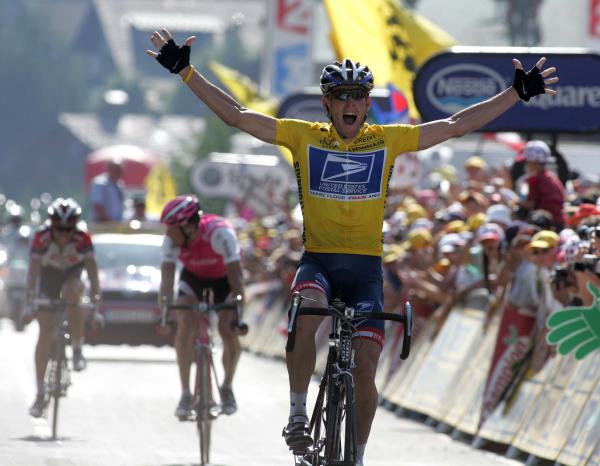
Lance Armstrong's former Motorola teammate Phil Anderson says the interview and subsequent confession with Oprah Winfrey was not what he expected. Anderson was yet to watch Part I of the interview but admitted to feeling initially overwhelmed that Armstrong was going to admit to the use of doping methods during his seven-year reign at the Tour de France.
"Now it's quite overwhelming. I was really surprised that he was going to jump the couch like he did. Once I accepted that, it was just a matter of how much he was going to reveal," Anderson told Cyclingnews.
"I guess it's good to hear it from the horse's mouth, finally.
"It wasn't what I expected. I think the hype that was generated before was greater than what was actually revealed. Whether it was intended that way, for people to stay on until tomorrow I'm not sure.
"But he didn't seem to reveal anything that hasn't been leaked or we haven't read in Hamilton's book. Maybe that's going to come out tomorrow. He hasn't pulled anything out of the hat yet," he said.
The build-up that surrounded the interview was greater than the actual delivery, says Anderson who was yet to actually watch the program. Anderson had been a strong supporter of Armstrong even when the United States Anti-Doping Agency had slammed his former teammate with charges of conspiracy and doping.
"Armstrong has always been on a bit of a pedestal for me."
The latest race content, interviews, features, reviews and expert buying guides, direct to your inbox!
The two were teammates at Motorola between 1992 and 1994 but Anderson never suspected Armstrong of using banned substances. Armstrong stated he began using doping products in the mid '90s during his interview but there was no reason to believe the American was doing anything illegal at the time.
"We were teammates in '94 but I certainly didn't suspect anything. EPO was starting to filter into the peloton but not systemic or anything within the team I was on, on Motorola. But still, obviously he started then - but I haven't seen the interview yet."
It took until the release of USADA's 1000-page dossier before Anderson started to believe the allegations. Anderson, like many others had assumed that cancer had truly transformed Armstrong from a solid one-day racer to a Tour champion.
"Until the USADA report came out I couldn't believe any of this was true. I believed the spin that he stared death in the face...and came back a better rider.
"Before [cancer] he was great one-day rider but he certainly didn't show he was a good time triallist or climber. Obviously that's what you need to become a good tour rider.
"Prior to cancer, it would have been very suspicious if he'd suddenly changed. But you go through something life-changing such as cancer and who knows what the body is going through," he told Cyclingnews.
The impact that Armstrong has played on cycling and sport in general over the years has been immense. However, with his admission finally out in the open, Anderson says it is not just cycling that has been shaken.
"Absolutely [it will have an impact], but not just cycling. I think when you look at the sports pages it's all sports and disciplines that are talking about it. Who would have known that cycling or a story about cycling would have such an effect across different sports?
"It's certainly going to change and I think everybody is still curious to see if anything is revealed tomorrow, if he mentions anything more on the UCI. He mentioned the UCI but didn't expand much on it.
"I think we are just going to have to watch this space."